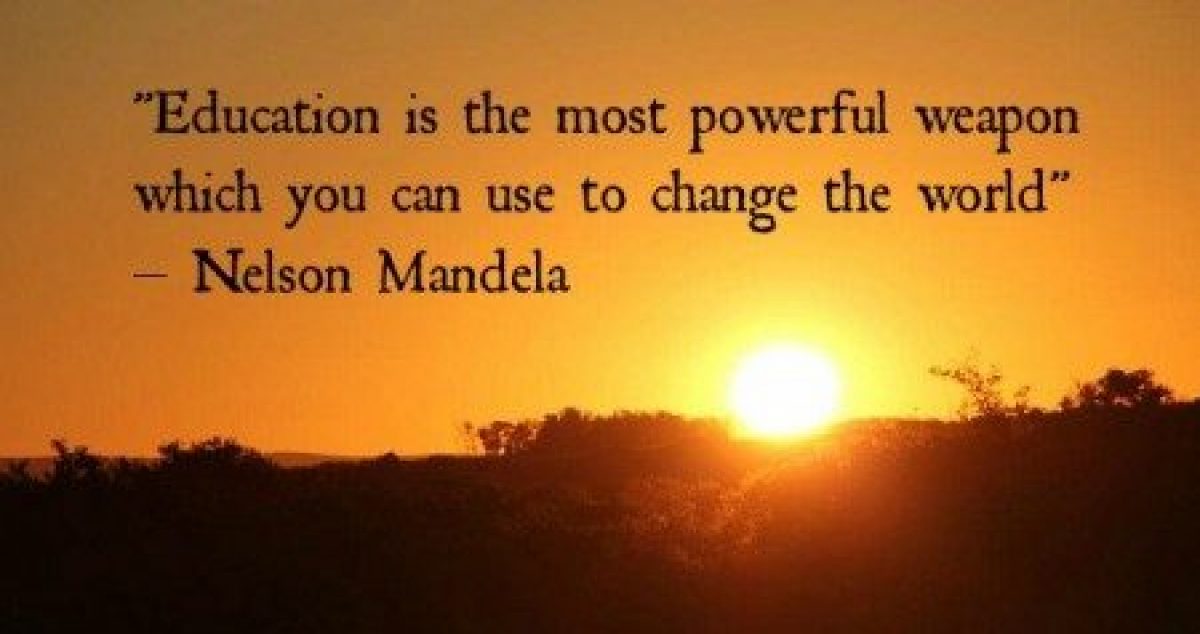This week’s lecture was an assessment briefing. We were able to discuss the best way to approach the seen question for the exam and aspects that we should take into account when tackling this type of question. At first, I found the seen question quite daunting but after discussing where the marks are awarded I feel a lot more confident in how I will be approaching this question. Starting from now, I need to begin to manage my time effectively, plan ahead and prepare for this exam. I feel like I need to start practicing past paper questions, plan essays as well as further research into each topic we have learned about. I hope to gain 40% or more in order to pass the exam and achieve a good grade in this module.
Month: February 2017
At Risk Behaviours and Society
Today’s lecture focused on how at risk behaviours and the society and culture that a child is brought up in can impact on their future and development. I found this lecture extremely interesting, relevant and important. As a student teacher, it is crucial that we inform our young people of the types of behaviours that can put them at risk and how it is so important that they are able to make their own choices but hopefully ones that ensure that they are protected, healthy and safe in order for them to flourish in life. The six at risk behaviours that we learned about were: lack of physical activity, diet, injuries, use of tobacco, sexual behaviours and alcohol and drug use. It is said that these at risk behaviours can put an individual into serious danger and therefore it is extremely important that we as educators are aware of these behaviours and the consequences that follow.
The society and culture that a child is brought up in can have a serious impact on their behaviour. For any person, the area that they are brought up in is part of who they are as it can impact on their choices, career and future life. For example, if a child is brought up in an area where there are very little job prospects, low income, drugs and alcohol misuse is common then this will have an impact on their health and wellbeing. There has been links between deprivation and health and therefore enhances the fact that society and culture plays a crucial role in a child’s development.
Furthermore, we had to read and analyse “The Glasgow Effect” in relation to the question we were earlier asked “Are Scottish people healthy?”. The study compared Glasgow and two other main cities: Liverpool and Manchester. They choose to compare these three cities because the levels of deprivation in each city were very similar. The study looks into how morality can be linked to poor health and income. From the study, we have concluded that Scotland, in particular Glasgow are more unhealthy than the rest of the UK. However, premature deaths were in Glasgow are more than 30% higher as well as all deaths being around 15% higher than the other cities. I think from doing some further reading I have discovered that there must be other factors contributing to morality other than just poor health and income, factors such as alcohol and drug consumption should be taken into account. In relation to the question “Are Scottish people healthy?” I think it is clear to see that currently we are not a healthy country however, we are improving year by year but a lot still needs to be done to improve the overall health statistics. It showed me that we as educators can act as a role model to children and encourage them to make better decisions for them to have a healthier and better future. Its important to want to be that person who can help change society and it is best to start with the newer generation because they can be that change.
Inclusion and Equality-Focus on Disability
I was unable to make today’s lecture on the ‘Focus on Disability’ due to ill health. However, I have read over the class materials and further reading and I feel like I now fully understand the information and have grasped a solid understanding of the term ‘disability’.
I was happy to read and learn that time has moved on and there has been acts introduced, such as the ‘Equality Act 2010’, to support those who may have a disability. I was shocked to learn about what happened to people in the past who suffered with a disability, it is heartbreaking to know that in the past people with a disability were treated so differently. For example, they were excluded from the labour market and were limited to low income jobs.
I think it is important to make children aware of disabilities and I think in order to challenge discrimination towards people with a disability we must start in schools. It is important that we as educators are a voice for the children and inform them of how everyone deserves to be treated with respect and every child is important and of value. It is important that children are taught about disability awareness and that they are able to develop an understanding of disability as well as being able to explore their own attitudes, values and experiences.
Overall, this was a very interesting topic and I thoroughly enjoyed learning and doing some further research into the topic.

